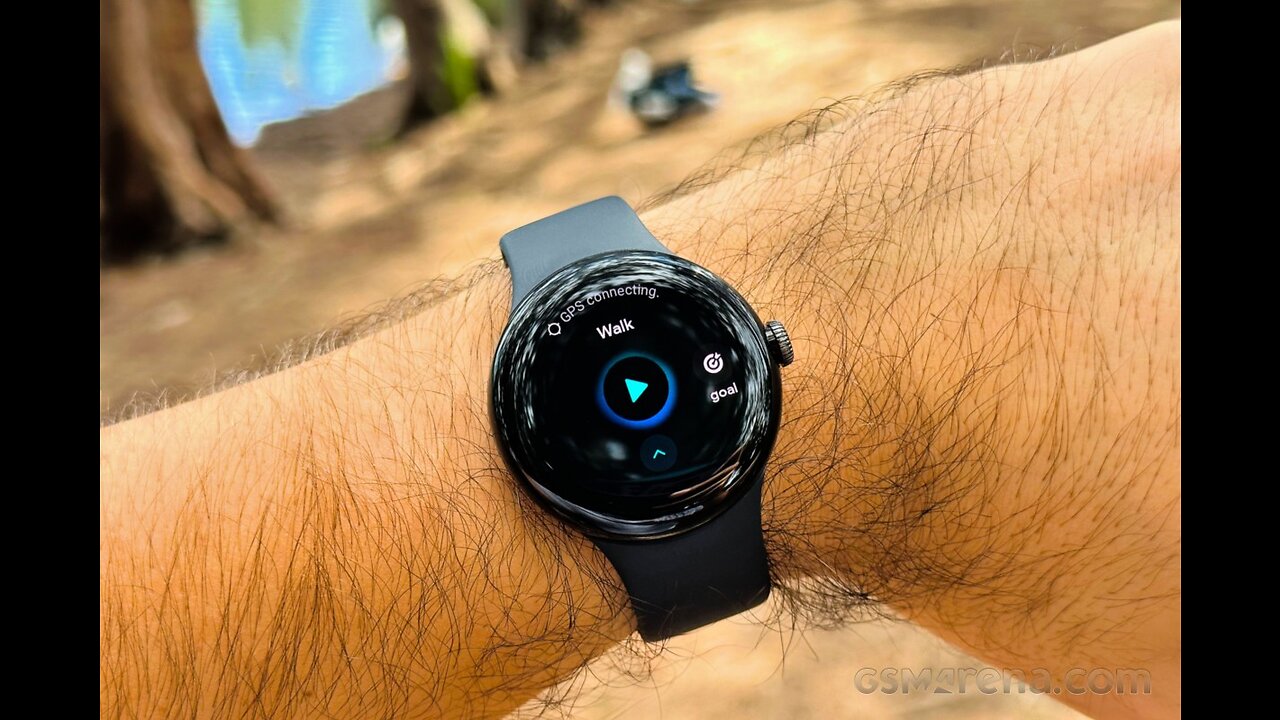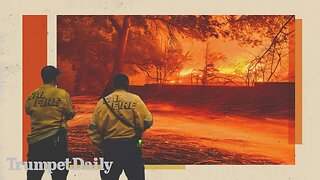Premium Only Content

Google's Photo App Still Can't Find Gorillas. And Neither Can Apple's. - The New York Times
🥇 Bonuses, Promotions, and the Best Online Casino Reviews you can trust: https://bit.ly/BigFunCasinoGame
Google's Photo App Still Can't Find Gorillas. And Neither Can Apple's. - The New York Times
Image Credit... Desiree Rios/The New York Times Eight years after a controversy over Black people being mislabeled as gorillas by image analysis software — and despite big advances in computer vision — tech giants still fear repeating the mistake. May 22, 2023 When Google released its stand-alone Photos app in May 2015, people were wowed by what it could do: analyze images to label the people, places and things in them, an astounding consumer offering at the time. But a couple of months after the release, a software developer, Jacky Alciné, discovered that Google had labeled photos of him and a friend, who are both Black, as “gorillas,” a term that is particularly offensive because it echoes centuries of racist tropes. In the ensuing controversy, Google prevented its software from categorizing anything in Photos as gorillas, and it vowed to fix the problem. Eight years later, with significant advances in artificial intelligence, we tested whether Google had resolved the issue, and we looked at comparable tools from its competitors: Apple, Amazon and Microsoft. Photo apps made by Apple, Google, Amazon and Microsoft rely on artificial intelligence to allow us to search for particular items, and pinpoint specific memories, in our increasingly large photo collections. Want to find your day at the zoo out of 8,000 images? Ask the app. So to test the search function, we curated 44 images featuring people, animals and everyday objects. We started with Google Photos. When we searched our collection for cats and kangaroos, we got images that matched our queries. The app performed well in recognizing most other animals. But when we looked for gorillas, Google Photos failed to find any images. We widened our search to baboons, chimpanzees, orangutans and monkeys, and it still failed even though there were images of all of these primates in our collection. We then looked at Google’s competitors. We discovered Apple Photos had the same issue: It could accurately find photos of particular animals, except for most primates. We did get results for gorilla, but only when the text appeared in a photo, such as an image of Gorilla Tape. The photo search in Microsoft OneDrive drew a blank for every animal we tried. Amazon Photos showed results for all searches, but it was over-inclusive. When we searched for gorillas, the app showed a menagerie of primates, and repeated that pattern for other animals. There was one member of the primate family that Google and Apple were able to recognize — lemurs, the permanently startled-looking, long-tailed animals that share opposable thumbs with humans, but are more distantly related than are apes. Google’s and Apple’s tools were clearly the most sophisticated when it came to image analysis. Yet Google, whose Android software underpins most of the world’s smartphones, has made the decision to turn off the ability to visually search for primates for fear of making an offensive mistake and labeling a person as an animal. And Apple, with technology that performed similarly to Google’s in our test, appeared to disable the ability to look for monkeys and apes as well. Consumers may not need to frequently perform such a search — though in 2019, an iPhone user complained on Apple’s customer support forum that the software “can’t find monkeys in photos on my device.” But the issue raises larger questions about other unfixed, or unfixable, flaws lurking in services that rely on computer vision — a technology that interprets visual images — as well as other products powered by A.I. Mr. Alciné was dismayed to learn that Google has still not fully solved the problem and said society puts too much trust in technology. “I’m going to forever have no faith in this A.I.,” he said. Computer vision products are now used for tasks as mundane as sending an alert when there is a package on the doorstep, and as weighty as navigating cars and finding perpetrators in law enforcement investigations. Errors can reflect racist attitudes among those encoding the data. In the gorilla incident, two former Google employees who worked on this technology said the problem was that the company had not put enough photos of Black people in the image collection that it used to train its A.I. system. As a result, the technology was not fami...
-
 4:57:03
4:57:03
Nobodies Gaming
9 hours ago $4.01 earnedNobodies Rumble Gaming TEST STREAM
32.4K5 -
 59:49
59:49
The StoneZONE with Roger Stone
7 hours agoUpdate on Andrew & Tristan Tate w/ Lawyer Joe McBride +What will Trump do about J6ers? The StoneZONE
112K17 -
 1:08:56
1:08:56
Man in America
11 hours ago🔴 LIVE: California Wildfires—APOCALYPTIC Warning or Globalist Land Grab?
47.5K24 -
 1:30:04
1:30:04
Donald Trump Jr.
13 hours agoFires Rage Across LA, How Dems Destroyed the Golden state, Live with Alex Marlow, John Phillips, and Joe Bastardi | TRIGGERED Ep.206
142K276 -
 1:37:52
1:37:52
Glenn Greenwald
11 hours agoInternational Rage—From EU To Brazil—Over Zuckerberg’s Vow To End Censorship; Lee Fang On Financial Interests Behind H1B & LA Mayor Skipping Town | SYSTEM UPDATE #386
84.5K61 -
 58:44
58:44
Flyover Conservatives
1 day agoInauguration Danger: Is Trump Walking Into a Trap? - Sheriff Richard Mack | FOC Show
33.9K15 -
 1:48:50
1:48:50
Precision Rifle Network
1 day agoS4E1 - Guns & Grub - Back like a bad rash!
49.7K5 -
 1:11:22
1:11:22
Common Threads
8 hours ago $4.67 earnedLIVE DEBATE: Trump Pushes U.S. Expansion, Cali Fires Spark Political Outrage
60.3K6 -
 54:46
54:46
LFA TV
12 hours agoThe LA Apocalypse | TRUMPET DAILY 1.9.25 7pm
51.5K22 -
 57:50
57:50
theDaily302
17 hours agoThe Daily 302-CORY GAUTEREAUX
54.7K